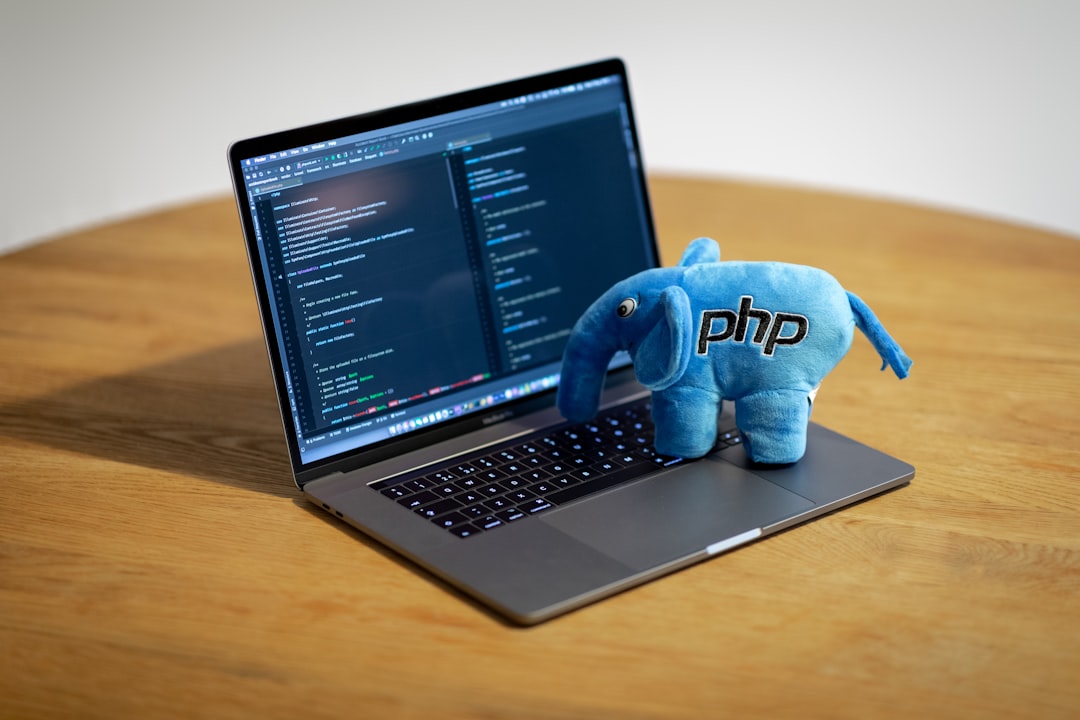
Mastering Coding Fundamentals for Efficient Programming
In the ever-evolving landscape of software development, mastering coding fundamentals is paramount for efficient programming. This article aims to provide an in-depth exploration of coding principles, best practices, emerging trends, and practical applications that will elevate your programming skills.
The Importance of Coding Fundamentals
Understanding coding fundamentals lays the foundation for any software developer. It enables programmers to write clean, efficient, and maintainable code. Key areas include:
1. Syntax and Semantics
Every programming language has its own syntax and semantics. Learning these basics is essential to avoid common pitfalls and errors. Familiarity with syntax helps in writing code that compiles and runs, while understanding semantics ensures that code behaves as intended.
2. Data Structures and Algorithms
A solid grasp of data structures and algorithms is crucial for problem-solving. They allow programmers to efficiently store, organize, and manipulate data. Common data structures include arrays, linked lists, stacks, queues, and trees. Understanding algorithms such as sorting and searching can significantly enhance your programming efficiency.
3. Version Control
In today’s collaborative development environments, mastering version control systems like Git is vital. It allows multiple developers to work on the same codebase without conflicts. Here’s a simple command to initialize a Git repository:
git init4. Code Readability and Maintenance
Writing readable code is as important as functional code. Following naming conventions, using comments effectively, and breaking down complex problems into smaller functions can enhance code maintainability. Tools like linters can help enforce coding standards and improve readability.
Current Developments and Trends
1. The Rise of Low-Code and No-Code Platforms
Emerging platforms that allow users to create applications with minimal coding have gained popularity. While they can accelerate development, understanding coding fundamentals remains essential for customizing and troubleshooting these applications.
2. Emphasis on Software Testing
Automated testing frameworks have become integral to the development process. Mastering testing fundamentals, including unit tests, integration tests, and end-to-end tests, can significantly enhance code reliability and performance.
3. Continuous Integration and Continuous Deployment (CI/CD)
The CI/CD pipeline is a crucial aspect of modern software development. Understanding how to implement CI/CD practices can lead to more efficient deployments and faster iteration cycles. Tools like Jenkins and GitHub Actions are commonly used for automating these processes.
Practical Applications and Case Studies
Case Study: Improving Code Efficiency in a Real-World Application
Consider a scenario where a development team was struggling with slow application performance due to inefficient algorithms. By revisiting their data structures and optimizing their search algorithms, they were able to improve performance by over 50%. This case highlights the importance of algorithmic efficiency in real-world applications.
Example of Code Refactoring
Refactoring is a key practice in software development. Here’s an example of how to refactor a piece of code to enhance readability and performance:
Before Refactoring:
def calculate_price(quantity, price):
return quantity * priceAfter Refactoring:
def calculate_total_price(quantity: int, unit_price: float) -> float:
"""Calculate the total price based on quantity and unit price."""
return quantity * unit_priceIn the refactored version, type hints and a docstring enhance code clarity and usability.
Tools and Resources
To further enhance your coding skills, consider exploring these resources:
Online Learning Platforms
Version Control and Collaboration Tools
Testing Frameworks
Code Quality Tools
Conclusion
Mastering coding fundamentals is a journey, not a destination. The knowledge of syntax, algorithms, version control, and testing techniques provides the foundation for efficient programming. With the rapid advancements in technology, staying updated with current trends and continuously refining your skills is essential.
Further Reading
- The Pragmatic Programmer
- Clean Code: A Handbook of Agile Software Craftsmanship
- Refactoring: Improving the Design of Existing Code
By engaging with these resources and implementing the practices discussed, you will be well on your way to mastering coding fundamentals for efficient programming. Share this article with your peers, subscribe to relevant programming newsletters, and explore the suggested tools to further your knowledge and skills in this ever-evolving field.
Glossary of Terms
- Version Control: A system that records changes to files over time so that you can recall specific versions later.
- Refactoring: The process of restructuring existing computer code without changing its external behavior.
- CI/CD: Continuous Integration and Continuous Deployment; practices that enable frequent code changes and rapid delivery of software.
Mastering coding fundamentals is not just beneficial but essential for anyone looking to thrive in the software development field.


